Spring Parade
Cast & Crew
Henry Koster
Deanna Durbin
Robert Cummings
Mischa Auer
Henry Stephenson
S. Z. Sakall
Film Details
Technical Specs

Synopsis
In a mountain village close to Vienna, Ilonka Tolnay buys a fortune card at a carnival and receives the following fortune: "Your future is in Vienna/Your husband will be an artist/Your friend in need will be a great and powerful man/But be careful, true love will hit you with a stick." An eminently practical young country woman, Ilonka scoffs at the idea of ever going to Vienna but, after a dizzying folk dance, falls asleep in a hay wagon headed for Vienna. When she awakens, she decides to continue on her pre-destined path, and the kindly driver, baker Ladislaus Tescheck, offers to let her stay with him at his bakery. Ilonka shares a bedroom with Jenny, who works in the bakery and flirts with the soldiers passing on parade in the street below. Drummer Harry Marten looks up and sees Jenny smile and, thinking this an invitation, brings her flowers at the bakery. Jenny is flattered by the attention, but when her boyfriend, Count Zorndorf, comes in to see her, she pretends that Harry is there to see Ilonka. Harry later sends a message to Jenny to meet him at the wine garden that night, but the baker's mischievous nephews give the note to Ilonka. She sheds her dirndl for one of Jenny's more sophisticated dresses and awaits Harry, who is disappointed when he realizes that Ilonka is his date for the evening. Ilonka's country ways embarrass Harry, but when he is inspired to compose music, Ilonka enthusiastically quiets the restaurant, and then gets the orchestra to play his piece. Ilonka, a beautiful singer herself, considers musicians to be artists, and has fulfilled the second decree of her fortune by falling in love with Harry, whose true love is music, not the military. That night, Ilonka receives permission from Tescheck to stay longer at the bakery and unknown to him, slips a note and Harry's composition into Tescheck's special salt rolls which are intended for the Emperor. The note informs the Emperor that a certain musician is being persecuted by the army because he is not allowed to compose music while he is a soldier. The Emperor's officials arrest Tescheck for attempting to poison the Emperor. Ilonka confesses her misdeed to Jenny, who, through the count, arranges for Ilonka to meet the Emperor and explain the situation. While Ilonka is at dinner learning the proper etiquette with which to approach royalty, Tescheck's nephews tell Harry that Ilonka is really from Vienna and is dating another man. Furious, Harry shows up at the restaurant and pokes fun at Ilonka and her companions and makes love to another woman. Ilonka rebuffs him with a slap and, during her interview with the Emperor, who is charmed by her sweet country ways, tells him she was wrong about the composer. The Emperor releases Tescheck and gives him the title of Court Baker, and later invites Ilonka to a court ball. At first Ilonka refuses to go, intending to return home, but seeing Tescheck's disappointment at missing the opportunity of being her escort to the palace, attends the royal ball. Once there, the Emperor asks her to sing for him, and when Ilonka stands by the orchestra, she discovers that Harry is the conductor and that the Emperor has set her up, knowing that she is in love. While Ilonka sings Harry's composition, Harry accidentally hits her head with his baton. Realizing she has found her true love, Ilonka forgives him, and they dance the waltz together.

Director

Henry Koster
Cast

Deanna Durbin

Robert Cummings

Mischa Auer
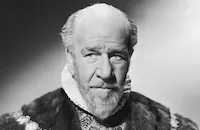
Henry Stephenson

S. Z. Sakall
Butch And Buddy

Walter Catlett

Anne Gwynne
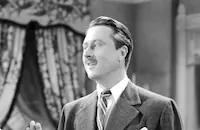
Allyn Joslyn
Peggy Moran
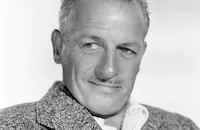
Reginald Denny
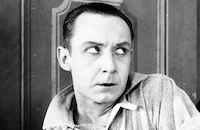
Franklin Pangborn
Ed Gargan
Wade Boteler
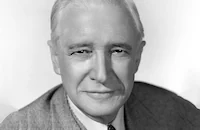
Samuel S. Hinds

Reginald Denny
Crew
Bernard B. Brown
Bernard W. Burton
Larry Ceballos
R. A. Gausman
Felix Jackson
Gus Kahn
Henry Koster
Joe Lapis
Bruce Manning
Ernst Marischka
Ricardo De Opel
Jack Otterson
Joe Pasternak
Charles Previn
Richard H. Riedel
H. J. Salter
Hans Salter
Andres De Segurola
Frank Shaw
Frank Skinner
Robert Stolz
Joe Valentine
Vera West

Film Details
Technical Specs

Award Nominations
Best Cinematography
Best Score
Best Song
Best Sound
Quotes
Trivia
Notes
According to an item in New York Times, the Los Angeles River doubled for the Danube River in this film. This picture was nominated for the following Academy Awards: Best Song, "Waltzing in the Clouds,"; Best Score (Charles Previn); Best Cinematography (Joseph Valetine); and Best Sound Recording (Bernard B. Brown). In 1934, Joe Pasternak produced a version of this film in Budapest.












